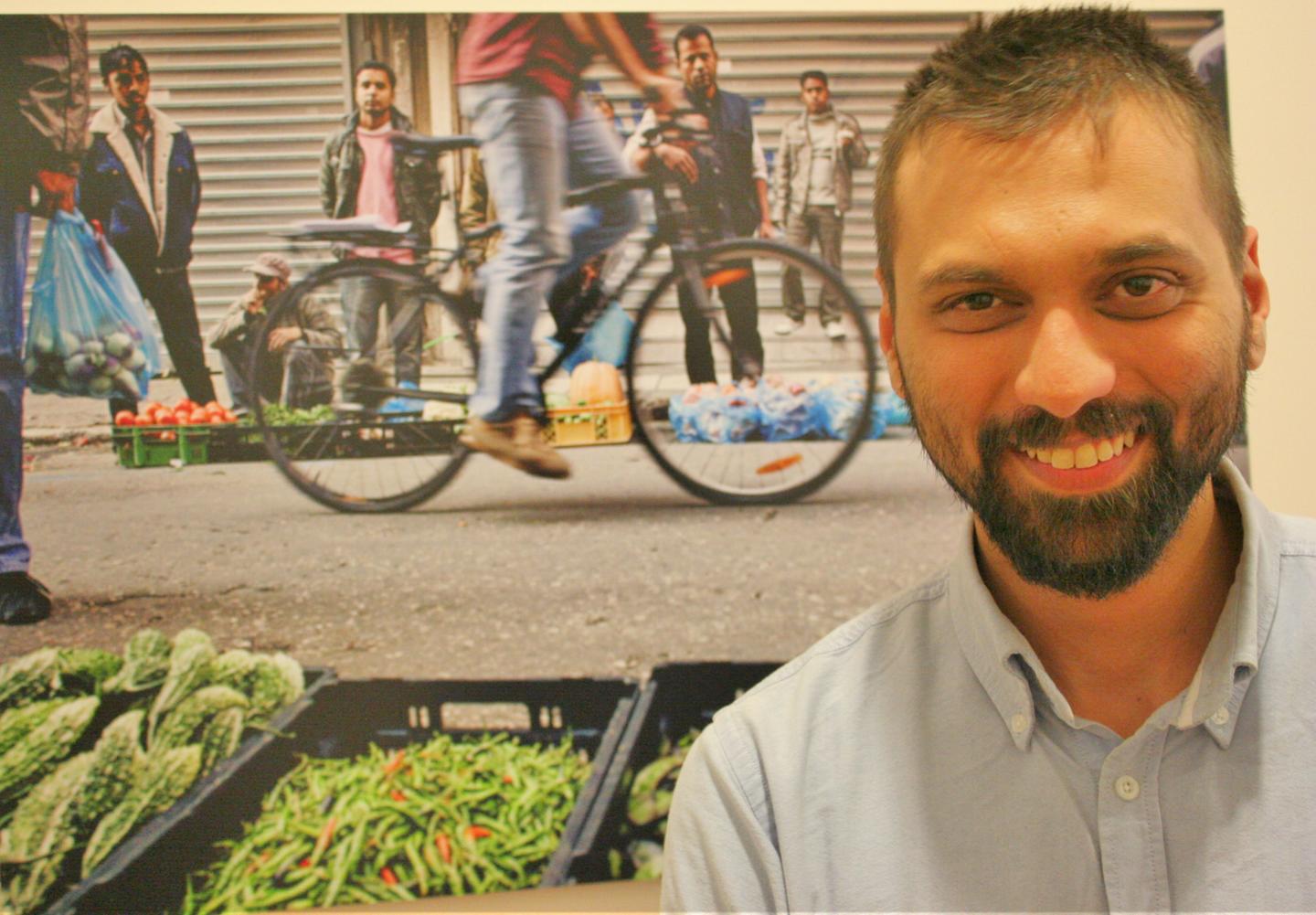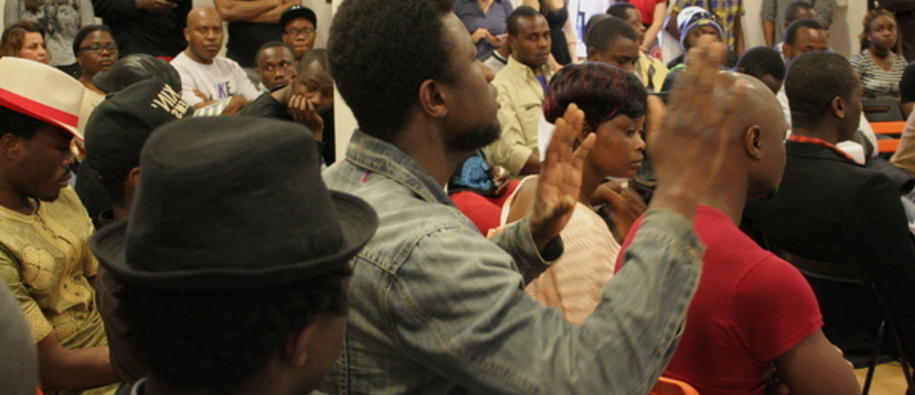Stathis Mandalakis works for the NGO PRAKSIS which provides social and medical support for vulnerable groups, including victims of discrimination, and advocates on their behalf. PRAKSIS received funding from the EEA Grants to run the REACT project to record incidences of discrimination and offer information and support to victims.
The majority of migrants who seek help have been in Greece for several years and are either officially recognised as refugees or asylum seekers, or have a residence permit.
“But what they lack,” explains Mandalakis, “is access to information on their rights.”
According to PRAKSIS, discrimination against people from ethnic minorities is on the rise, with some cases involving bullying and even physical violence. One of those is Kwame, 46, from Ghana. He worked at a restaurant in downtown Athens until his employer stopped paying his wages, while continuing to pay all the Greek staff. PRAKSIS took on the case, pressurising his employer to come to an agreement with the Labour Inspection Agency to pay him his wages owed.
The project has so far dealt with 421 cases from 418 people. Over 65% of the reported incidents relate to employment discrimination. All of the data from the cases investigated by PRAKSIS and from a telephone helpline run by partner NGO CIVIS PLUS is compiled and used for advocacy purposes, to push the authorities to adopt appropriate anti-discrimination policies.
One major success has been the adoption of new law which gives asylum seekers the right to work. Previously asylum applicants were not allowed to take employment pending a decision on their claim.
‘REACT’ is one of 76 projects funded by Iceland, Liechtenstein and Norway under the €7.3 million We are all Citizens NGO programme, managed by the Bodossaki Foundation. It aims at strengthening civil society and enhancing the contribution of NGOs to social justice, democracy and sustainable development.

